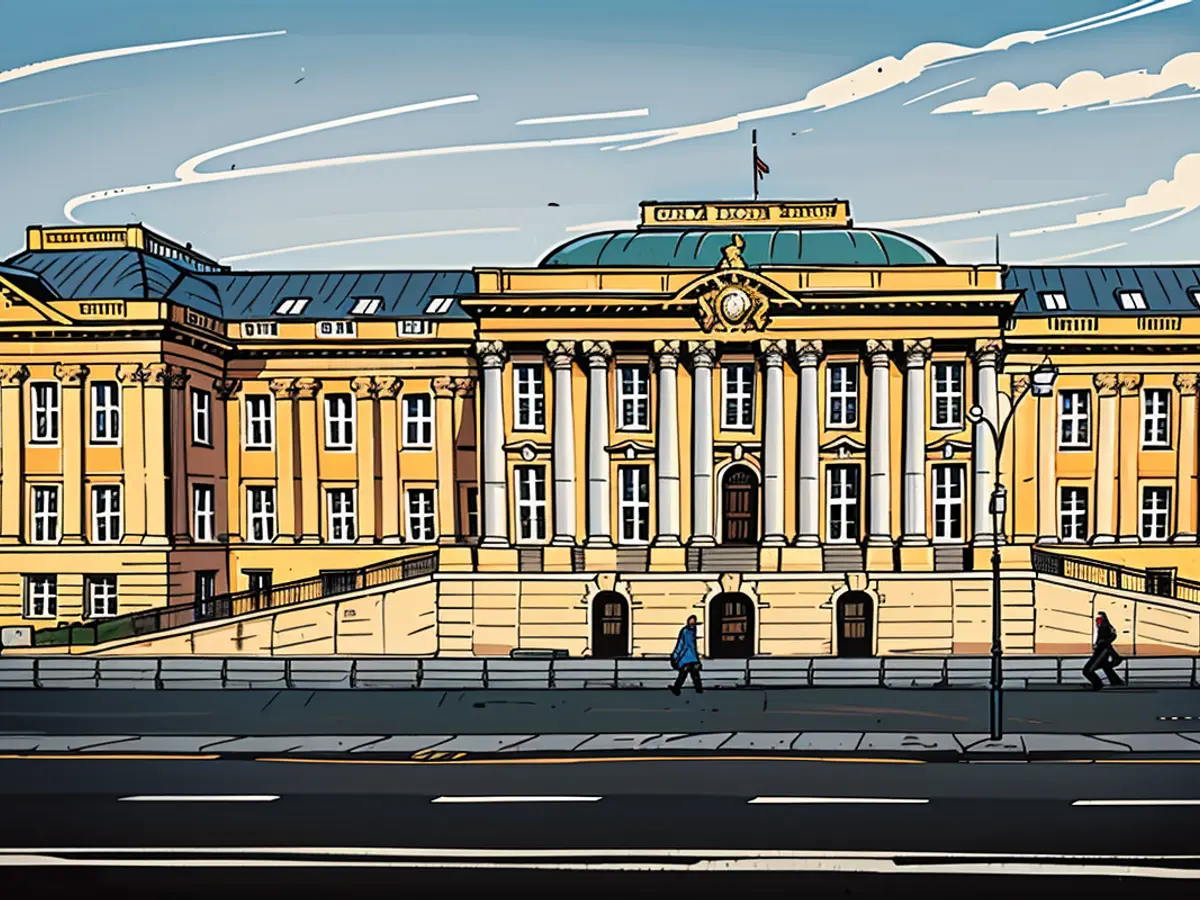- Following the election, preceding the election: a tight contest in Brandenburg
Three weeks separate the state elections in Brandenburg from the ones in Saxony and Thuringia, which occurred earlier. The outcomes in Saxony and Thuringia serve as significant indicators for the vote in Brandenburg on September 22. The contest in Brandenburg is intense.
This election is critical for Dietmar Woidke, the Minister President, who aims to intensify the battle against the AfD. "We might need to shine more light on what the AfD represents in Brandenburg," Woidke stated post-elections in Saxony and Thuringia, implying that it represents the past.
Woidke does not view the elections in the two states as equal. "Brandenburg has a unique foundation, particularly for the Brandenburg SPD," he explained. The SPD has governed Brandenburg since 1990 with various partners, and Woidke aims to continue this, but the AfD, classified as a right-wing extremist case by the Verfassungsschutz, leads in polls. Woidke has staked his political future on an election victory.
Undeterred by the polls, Woidke remains optimistic, drawing on the effect of five years ago. In the final weeks of the 2019 state election, his SPD surpassed the AfD, ending with 26.2%, ahead of the AfD's 23.5%. He believes that the polls will once again be incorrect this year.
The incumbent factor demonstrates its influence in the Saxony election, with the CDU and its Minister President Michael Kretschmer campaigning with the slogan "Because it's about Saxony," while Woidke's SPD used "It's about Brandenburg." Woidke leads his competitors in the race for a direct election, but there's a risk that protests against the traffic light government could spoil his plans. Therefore, he prefers to minimize his association with SPD Chancellor Scholz.
Jan Philipp Thomeczek, a political scientist from Potsdam, sees challenges for the SPD. "The polls in Thuringia and Saxony closely mirrored the actual results," Thomeczek told the German Press Agency. "So, the question is whether Woidke can still hope that the SPD will surpass the AfD. He is popular, but suffers greatly from the unpopularity of the traffic light government." Thomeczek does not view the AfD as a protest party anymore. "The AfD is now too established to be considered a pure protest party," he said. Surveys show that a large group votes for it out of conviction, and this is true for Brandenburg, just like Saxony and Thuringia.
If the AfD emerges as the strongest force in Brandenburg, it would face the same predicament as in Thuringia: it would likely find no partner to govern with. The AfD celebrated its success. "We as the AfD have tailwind," said top candidate Hans-Christoph Berndt.
The BSW, led by Robert Crumbach, could play a significant role in Brandenburg's government formation, much like its potential impact in Saxony or Thuringia. Crumbach, a former SPD member, is preparing the state party for entry into the state parliament. "We want to be immediately operational," Crumbach stated.
The CDU, with state chairman Jan Redmann at the helm, feels strengthened following the elections in Saxony and Thuringia. Redmann emphasized the federal party's decision: "The incompatibility decision regarding the AfD and Left still stands." The CDU could gain further momentum in Brandenburg due to criticism of the federal coalition.
The Greens, coalition partners with the SPD, are concerned about entering the state parliament in Brandenburg. They hope to be needed for a democratic government formation, even in Brandenburg. The Free Voters aim to secure a direct mandate in parliament.
The Left, which suffered significant losses in Thuringia, is focusing on security. "Election results were dominated by fears about the future," said lead candidate Sebastian Walter. A strong welfare state is the best way to counteract the right-wing shift - and only the Left is advocating for this.
It remains to be seen whether the AfD will gain a so-called blocking minority in Brandenburg, similar to Thuringia. If they do, they could obstruct decisions requiring a two-thirds majority.
According to research conducted by the Bertelsmann Foundation, there's a potential scenario where the AfD, with projected second vote results slightly surpassing a quarter, might snag over a third of the seats in the state parliament. This could materialize if the AfD amasses a substantial number of direct mandates beyond their second vote share, and other parties fail to claim sufficient compensatory mandates. This is possible due to the fixed seat limit of 110 in the state parliament, with the current count standing at 88 seats.
The Commission, following the insights from the elections in Saxony and Thuringia, may adopt a decision aimed at strengthening the opposition against the AfD in Brandenburg, considering their leading position in polls.
Given the unique foundation of the Brandenburg SPD, as noted by Dietmar Woidke, the Commission's decision regarding the election may aim to leverage the party's historical governance for a victorious outcome.








